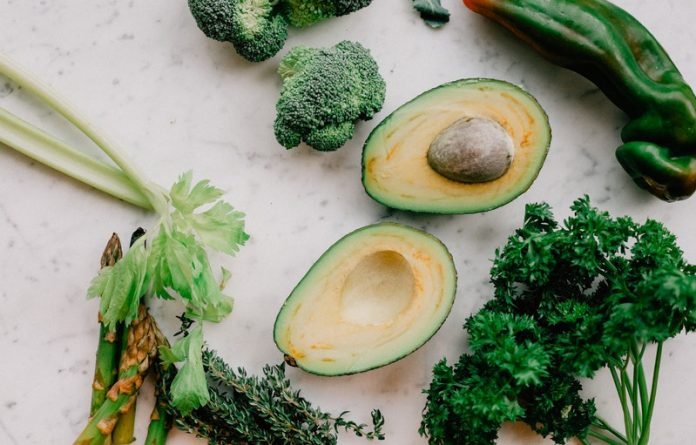
Scientists from Harvard University found that eating more avocados is linked to lower heart disease risk.
Heart disease is a heart condition that includes diseased vessels, structural problems, and blood clots.
The four main types include coronary artery disease, strokes, peripheral arterial disease, high blood pressure, cardiac arrest, heart failure, and heart rhythm disorders.
Coronary artery disease is a condition that affects the heart. It is the most common heart disease in the United States.
It happens when coronary arteries struggle to supply the heart with enough blood, oxygen, and nutrients. Cholesterol deposits, or plaques, are almost always to blame.
Avocados are a source of vitamins C, E, K, and B6, as well as riboflavin, niacin, folate, pantothenic acid, magnesium, and potassium.
They also provide lutein, beta carotene, and omega-3 fatty acids. Avocados contain high levels of healthy, beneficial fats, which can help a person feel fuller between meals.
Studies on the link between eating avocado and long‐term heart disease risk are lacking.
In the current study, researchers aimed to solve the problem. They examined data from 68,786 women from the Nurses’ Health Study and 41,701 men from the Health Professionals Follow‐up Study.
These people were free of cancer, coronary heart disease, and stroke before the study.
The team used food questionnaires to test the people’s dietary patterns every 4 years.
Over 30 years of follow‐up, a total of 14,274 heart disease cases (9185 coronary heart disease events and 5290 strokes) were documented.
The researchers found that compared with people who did not eat avocados, those with higher avocado intake (≥2 servings/week) had a 16% lower risk of heart disease generally, and a 21% lower risk of coronary heart disease.
No strong associations were found for stroke risk.
The team also found per each half serving/day increase in avocado intake, heart disease risk became lower.
Replacing half a serving/day of margarine, butter, egg, yogurt, cheese, or processed meats with the equivalent amount of avocado was linked to a 16% to 22% lower risk of heart disease.
Based on these findings, the team concluded that higher avocado intake is linked to a lower risk of general heart disease and coronary heart disease in US men and women.
The replacement of certain fat‐containing foods with avocado could lead to a lower risk of heart disease.
The research is published in the Journal of American Heart Association and was conducted by Lorena S. Pacheco et al.
If you care about nutrition, please read studies that green tea may protect your body as a vaccine, and this diet may boost your gut health and weight loss.
For more information about nutrition, please see recent studies that yogurt and a high-fiber diet may cut lung cancer risk, and results showing COVID-19 vaccines need to be shored up with a plant-based diet.



